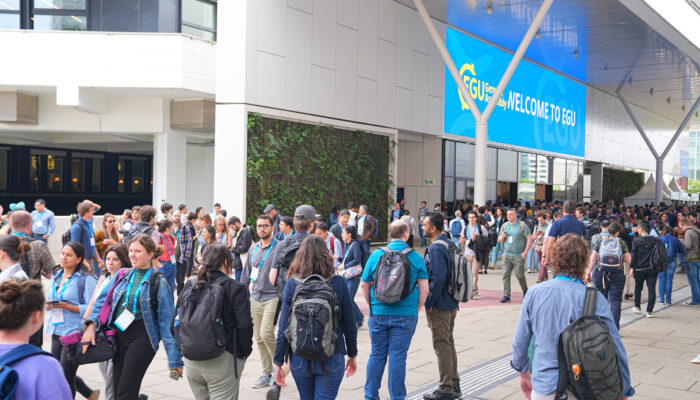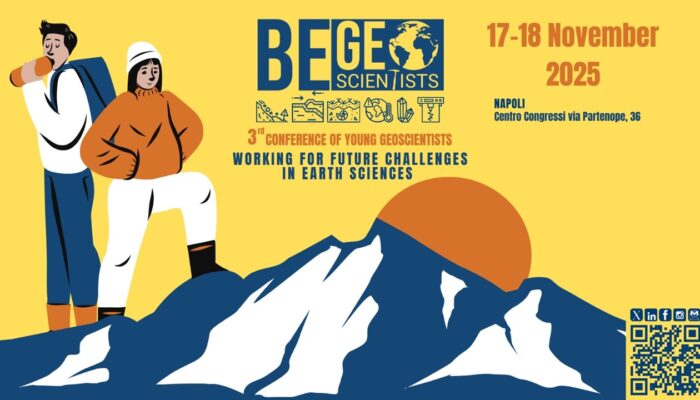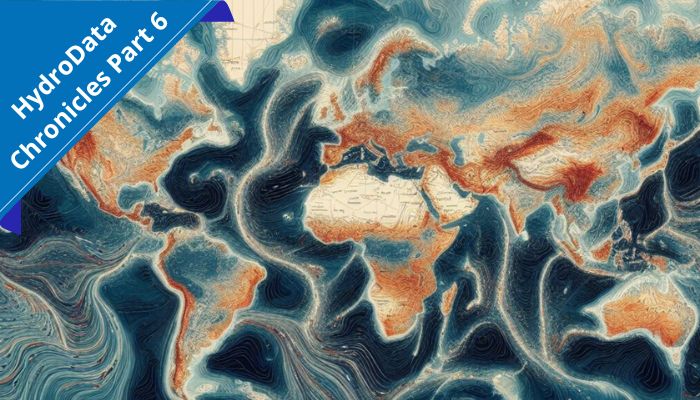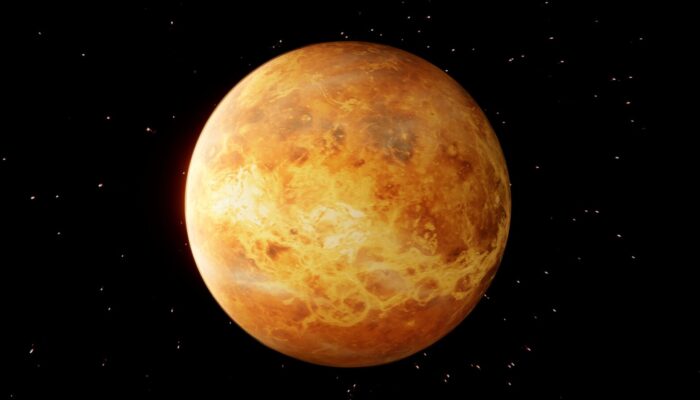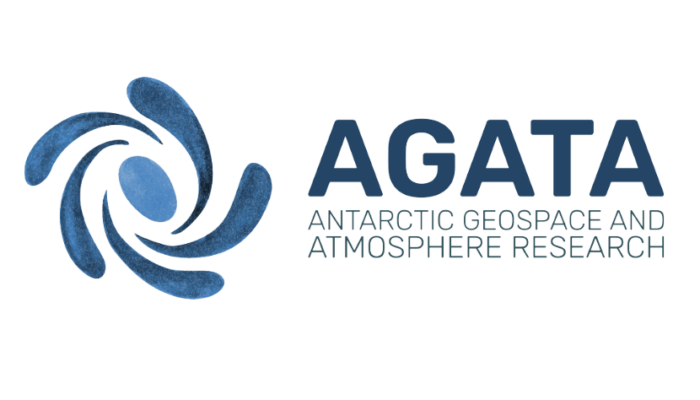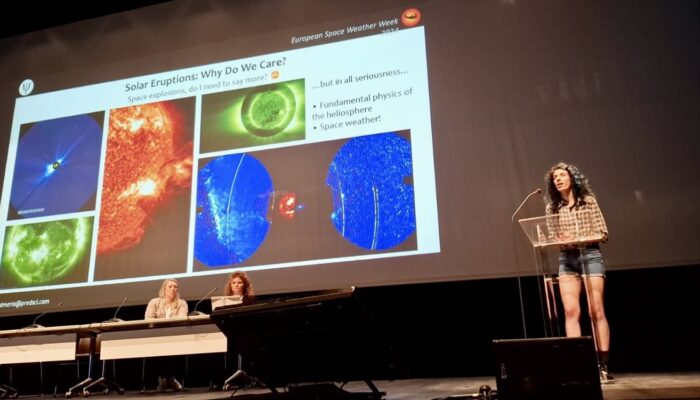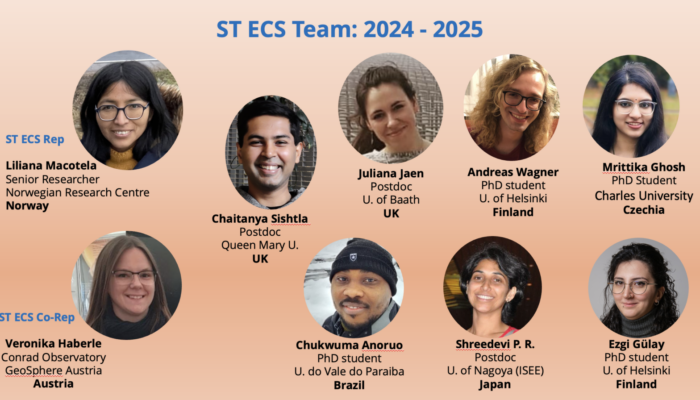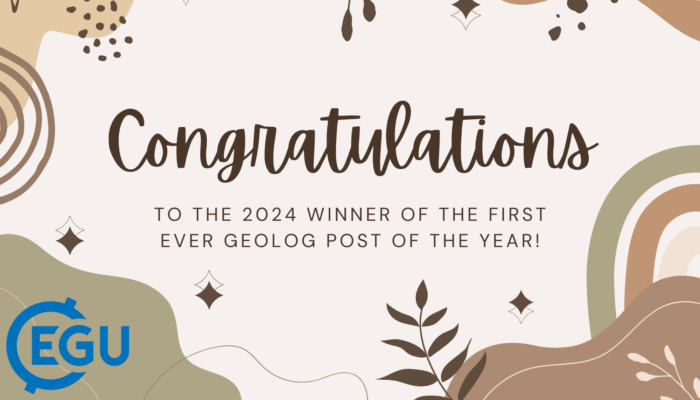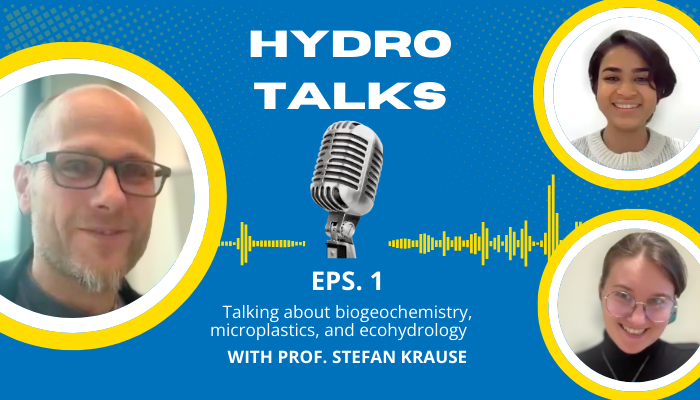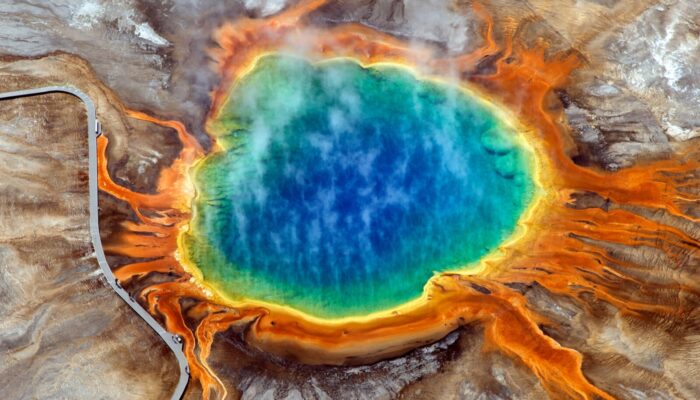Europe’s biggest geoscience conference, EGU25, is just over one month away! Each year, the EGU General Assembly brings together over 19,000 researchers, scientists, academics and journalists to discuss and share the latest developments in planetary exploration, Earth observation, polar science, climate change, natural hazards, and much more. And it is held at the Austria Centre Vienna (ACV) which ...[Read More]
If you didn't find what you was looking for try searching again.
Geodynamics
BeGEO scientists 2025: the 3rd conference of young Earth scientists in Italy
Born at the feet of active volcanoes, a group of young Earth scientists works for connecting colleagues in Italy and around the globe. One of the main challenges faced by those approaching the academic career for the first time is creating a network of known people with whom sharing scientific knowledge and maybe lay the foundations for new collaborations. Conferences are definitely the perfect pl ...[Read More]
Hydrological Sciences
HydroData Chronicles: Unveiling EStreams – A Comprehensive Hydro-Climatic Dataset for Europe
We’re back to the HydroData Chronicles, where we enter into the exceptionally wonderful world—as massive as it is—of datasets about water phenomena, such as rivers and weather. Today, we focus on ΕStreams, a comprehensive dataset and catalogue of streamflow, hydro-climatic, and landscape data for Europe. This pioneering initiative fills the hydrological data availability gap, offering an inv ...[Read More]
Geodynamics
A whole mantle dynamical framework for Venus
Geodynamicists have long grappled with the complexities of Earth’s mantle dynamics—modeling Venus’ interior adds an extra layer of challenge without the benefit of plate tectonics! This week in News & Views, Madeleine Kerr, a PhD candidate from the University of California, San Diego, explores how numerical modeling can shed light on mantle dynamics and the evolution of Earth’s eni ...[Read More]
Solar-Terrestrial Sciences
AGATA: Advancing Polar Science through Multi-Instrument Integration and Collaboration
Scientific research has long recognized that solar-terrestrial interactions play a crucial role in shaping the polar atmosphere, impacting both climate dynamics and atmospheric coupling across different layers. Understanding these interactions is key to unraveling their far-reaching effects on Earth’s climate, space weather, and global atmospheric processes. The recognition of these critical proce ...[Read More]
Solar-Terrestrial Sciences
Meet Erika Palmerio, the 2024 Outstanding Early Career Scientist Awardee of the Solar-Terrestrial Division!
Congratulations on receiving the EGU 2024 ST Division Outstanding Early Career Scientist Award for your exceptional research in analyzing complex solar transients and their effects on space weather. What does this recognition mean to you personally, and how does it impact your work in this fascinating field? Thank you so much! Receiving an award from EGU is of particular significance to me, since ...[Read More]
Solar-Terrestrial Sciences
ST-Early Career Scientist team 2024-2025
We are a group of Early Career Scientists (ECSs) from the Solar-Terrestrial (ST) division, dedicated to organizing events and activities for ST-ECSs both during the EGU General Assembly and throughout the year. Our goal is to enhance ECS visibility and create valuable networking opportunities. Currently the team is formed by: Dr. Liliana Macotela, ECS Representative Liliana is a seni ...[Read More]
GeoLog
Congratulations to the 2024 winner of the first ever Geolog post of the year!
At EGU, we’re always looking for new ways to celebrate and amplify the voices of our community. That’s why I am thrilled to introduce the Geolog Top Blog Post of the Year Competition—a new initiative where we recognise the most impactful and engaging post from the past year. For our very first edition in 2024, we selected the top five performing blog posts and held an internal vote within the EGU ...[Read More]
Hydrological Sciences
HydroTalk Podcast: Dr. Stefan Krause on Water, Ecosystems and Pollution
Welcome toHydroTalks, the new podcast series of the EGU HS division. Every month, we interview experts about the advancements, challenges, and opportunities in the field of hydrology. As our first guest, we were pleased to interview Dr. Stefan Krause, a Professor of Ecohydrology and Biogeochemistry at the University of Birmingham. His research explores the interconnectedness of groundwater and su ...[Read More]
Geochemistry, Mineralogy, Petrology & Volcanology
EGU Webinar Alert! “Careers inside and outside of academia: Panel Discussion”
We are delighted to invite you to the upcoming EGU webinar, “Careers Inside and Outside of Academia: Panel Discussion,” scheduled for Tuesday, 11 March 2025, at 16:00 CET. Secure your spot by registering through the following link: Registration Link. If you are struggling to navigate the choice between academic and non-academic jobs, you are not alone. While many challenges related to ...[Read More]

